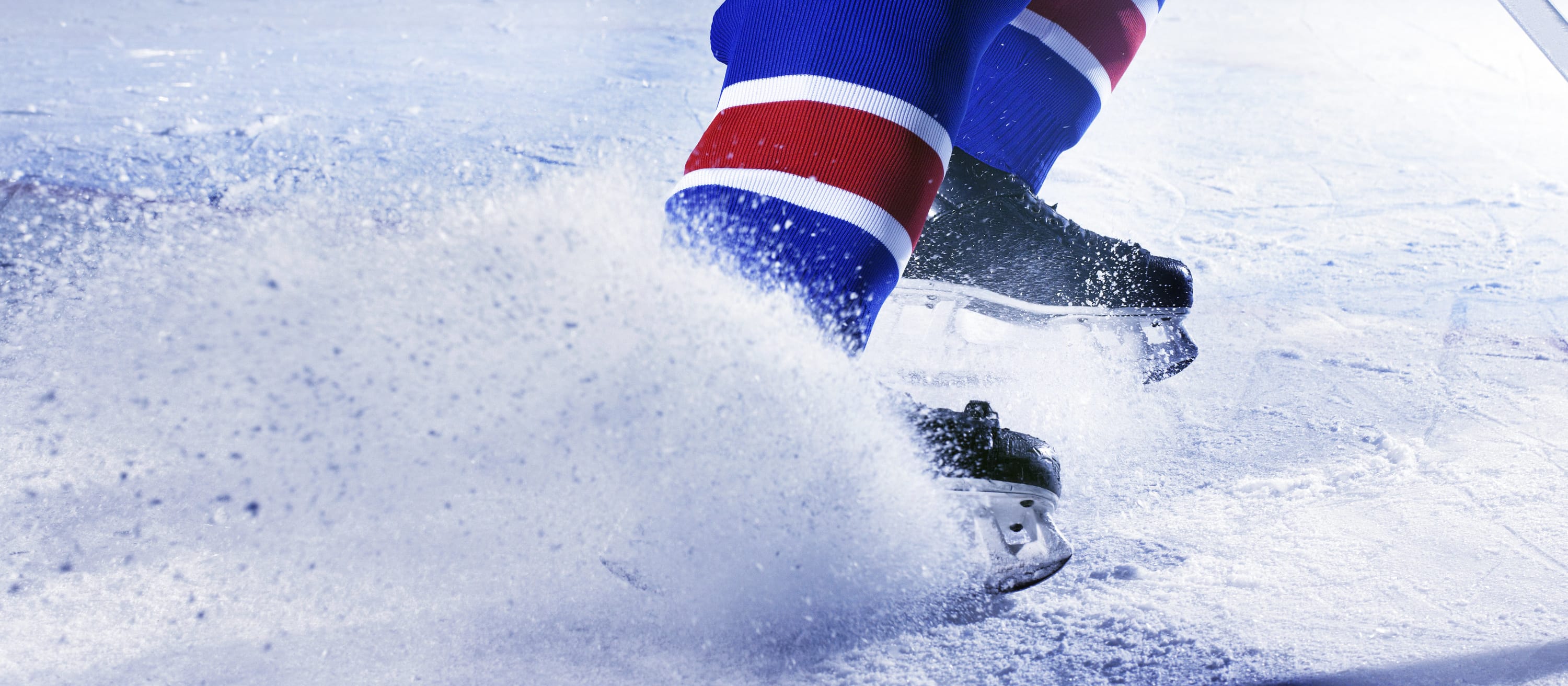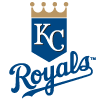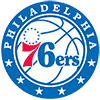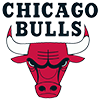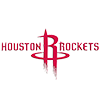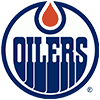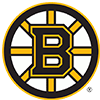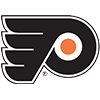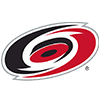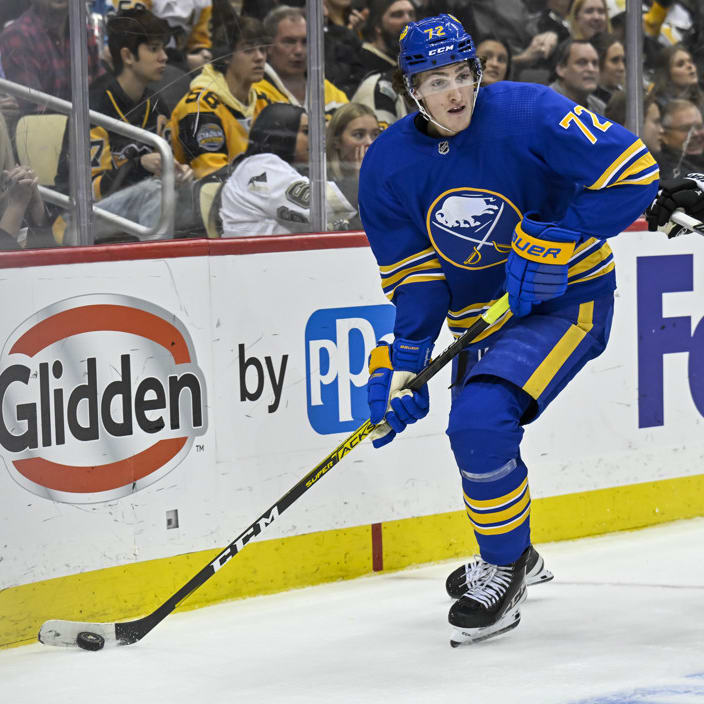"Our league will act according to our own and international rules. If players decide to stay, we will help them."
With one short statement, the Kontinental Hockey League (KHL) and league president Alexander Medvedev authored another international incident for the International Ice Hockey Federation (IIHF) to defuse. The good news: the NHL, the de facto best hockey league on the planet has opened its doors and is back in action. The bad news: the second best hockey league on the planet has seen yet another opportunity to upset the status quo. What does it all mean? Right now, it means you need to be very careful in putting together your rosters, as fantasy hockey get up and running.
With the lockout ended and recently displaced professional hockey players streaming back into their respective NHL towns from all parts of the globe, one can expect a few bumps along the way to regular season action. Many players took their extended vacation as an opportunity to play in an exotic location or earn some cash in the absence of the NHL competition. Some players, and you will be able to identify them quickly by their relative absence from the box score in the first month of this compressed season, took the opportunity to enlarge the dent in their couch. But a certain group of players took the opportunity to do something that many North American hockey fans take for granted. These players made a decision to return home and play in front
"Our league will act according to our own and international rules. If players decide to stay, we will help them."
With one short statement, the Kontinental Hockey League (KHL) and league president Alexander Medvedev authored another international incident for the International Ice Hockey Federation (IIHF) to defuse. The good news: the NHL, the de facto best hockey league on the planet has opened its doors and is back in action. The bad news: the second best hockey league on the planet has seen yet another opportunity to upset the status quo. What does it all mean? Right now, it means you need to be very careful in putting together your rosters, as fantasy hockey get up and running.
With the lockout ended and recently displaced professional hockey players streaming back into their respective NHL towns from all parts of the globe, one can expect a few bumps along the way to regular season action. Many players took their extended vacation as an opportunity to play in an exotic location or earn some cash in the absence of the NHL competition. Some players, and you will be able to identify them quickly by their relative absence from the box score in the first month of this compressed season, took the opportunity to enlarge the dent in their couch. But a certain group of players took the opportunity to do something that many North American hockey fans take for granted. These players made a decision to return home and play in front of friends and family. Many of them were able to do so for large sums of tax free income to sweeten the appeal.
Surely this is an opportunity many individuals would like to have, except now that these players need to uproot all over again and return to a league that just a week ago maintained they were not welcome. Let's be honest, the only thing binding many to a North American team is a contract that NHL ownership has spent the last four or five months indicating it has no intention to honor. Now that all is "resolved" in the eyes of the owners, these players are expected to return immediately to fulfill their requirements under the same contract. Mr. Medvedev and the KHL disagree, at least in the media. Soon we will find out if they are strong enough to disagree in deed as well.
Several KHL stars made waves during the lockout by indicating that they would not return to the NHL willingly. There were even some rumors that Evgeni Malkin, Alexander Ovechkin, Pavel Datsyuk, and Ilya Kovalchuk were coordinating a plan to stay in Russia for an indeterminate amount of time. While nothing was confirmed, rumors suggest that Russian President Vladimir Putin offered those four players, and maybe others, a large sum of money to remain in the KHL for the duration of the season regardless of the lockout status.
Even as I write this, the situation seems to be resolving to some degree. Malkin has returned to suit up for the Penguins. Ovechkin has been seen stateside practicing with his Capitals teammates. Datsuyk received permission from the Red Wings front office to remain in Russia through the KHL All-star game before returning. Several other big names are less certain.
Specifically, Lubomir Visnovsky and Ilya Kovalchuk are rumored to want to stay in the KHL through this season and possibly beyond. Visnovsky has as much as said he will not play for the Islanders. Anaheim Ducks fans, as well as the Islander faithful, certainly remember his actions to void a trade which ultimately resulted in NHL arbitrators ruling in favor of the Isles and requiring Visnovsky to report to New York. In fact, it appears over the weekend that the Islanders went so far as to book a plane ticket for Visnovsky but he was not on board when the plane departed. Expect this to turn into a grievance in front of the IIHF, and this is where the interesting legal battle gets rolling. The key points turn on honoring contracts and the international transfer agreement signed between the NHL and KHL in 2008.
Contract disputes are nothing new between the leagues as any fan of the Nashville Predators remembers from the Alexander Radulov mess. Radulov famously was drafted by the Predators and matured in the North American development leagues before being called up by the Preds in 2006. With the formation of the KHL, Radulov was then signed to a contract with Salavat Yulaev Ufa though his NHL contract had not expired. Nevertheless, Radulov reported to his KHL squad and remained in Russia while the situation was presented to the IIHF. The IIHF even went so far as to suspend Radulov from international competition for failing to honor his NHL contract, though this suspension was lifted when it was discovered there was no grounds for discipline. Radulov and the KHL had wisely entered into the contract two days before the international agreement took effect and therefore, this could not be considered a breach. Radulov eventually made his way back to the NHL to finish the remainder of the contract by playing out a string of days at the end of the 2012 regular season and the 2012 playoffs. The Predators did not extend his contact and Radulov has returned to the KHL on a four-year deal.
The latest NHL lockout brings another series of contract disputes between the KHL and NHL. This time, the argument is based on the NHL locking out players and then altering contracts through the new collective bargaining agreement. Since many of the pre-lockout deals would no longer be possible under the terms of the new agreement, and others (like for Kovalchuk who already had one contract invalidated by the NHL before settling into his current deal) are at least subject to new provisions regarding salary rollbacks and back diving salary provisions, several sources have indicated the KHL make take the position that the NHL contracts are void and need not be honored. The return of Malkin, Datsyuk, and Ovechkin certainly takes some of the steam out of this argument, but Kovalchuk might be the key to the whole scenario.
In Kovalchuk, you have a top-five scorer in the NHL with a long-term contract and high expectations. Were he to fight to stay in the KHL and be successful, you might see a number of other European players enticed to the KHL with promises of bigger paydays and little to no tax implications. The draw of playing in front of hometown fans and family can do a lot to enhance the appeal. The one wildcard in this entire situation happens to be the 2012 Olympics in Sochi.
Should players remaining in the KHL be subject to an international ban, honoring their current NHL contracts may be the wise choice. The Radulov situation showed that the IIHF treated international agreements seriously and many of the Russian players have indicated great excitement about the chance to play for their nation on home ice in 2014. However the NHL and NHLPA have not yet come to an agreement as to whether the NHL stars will be playing in the 2014 Olympics. This is something in which the IIHF has a vested interest because with those NHL stars comes additional prestige and revenues. If the NHL and NHLPA opt out, the IIHF may not look favorably on their position in international disputes. And if the IIHF does not back the NHL in international disputes, the KHL suddenly gains a great bit of power in attracting talent.
For players like Visnovsky, the chance to do all of this while potentially extending an already successful career might be enough to risk the wrath of the IIHF regardless of the NHL and NHLPA position on the Olympics. At 36 years old and with a lot of mileage, there is no guarantee the defenseman will be ready to play Olympic level hockey in 2014 but he may have several years of KHL roster ability remaining. Certainly there are a number of NHL teams that would like his services (most notably the Islanders who felt strongly enough to trade for him before this whole debacle began) and the same can be said in the KHL where he is currently employed in his native Slovakia where, by his words, he intends to stay for the duration of this season. As of last update, the KHL maintains they will not violate international agreements but Visnovsky may be the first truer test to that position.
For the fantasy hockey manager, what to do about Kovalchuk and Visnovsky will certainly test your skill. Both of these players offer tremendous reward should they suit up in North America this year, but the risk is apparent. It would be wise to have a backup plan if either one or both fails to arrive at an NHL arena this year.
Update: Lou Lamorello, Devils GM has announced that Kovalchuk is expected in training camp Tuesday morning in New Jersey. The explanation is that Kovalchuk wanted to stay and play in the KHL All Star game and that Devils staff new this all along but could not give their "official" blessing. Apparently Red Wings staff had no such problems giving Pavel Datsyuk an "official" thumbs up. Take that for what it's worth.
*Craig M. Capilla, who is filling in for Justin Fielkow this week, is an attorney at the Franklin Law Group in the northern suburbs of Chicago. Growing up North of Detroit, Craig would tell you that there are really only two seasons, hockey season and the offseason. Craig attended DePaul University College of Law and most recently spent four and a half years as a regulatory prosecutor before returning to private practice. Craig's role with the Franklin Law Group allows him to be an occasional contributor to Rotowire with legal view of the NHL happenings and how that may impact your fantasy seasons.


